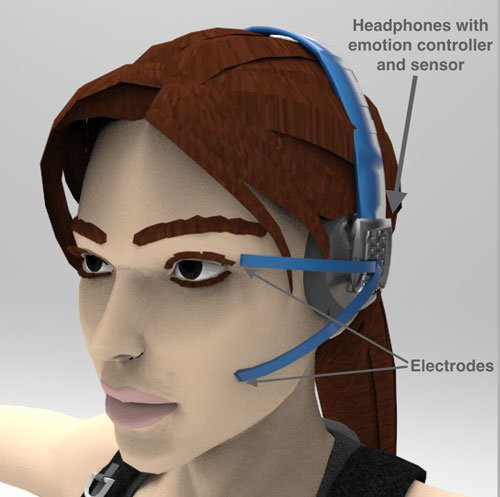Why Electrical Systems are Necessary for Space Exploration
https://makerv2.webteractive.co/blog/why-electrical-systems-are-necessary-for-space-exploration
This year marks the 50th anniversary of NASA’s Apollo 11 mission. On July 20th, 1969, Neil Armstrong and Buzz Aldrin made history by becoming the first humans to ever step on another celestial body.
An Overview of Neuromorphic Computing and Its Latest Advances
https://makerv2.webteractive.co/blog/an-overview-of-neuromorphic-computing-and-its-latest-advances
Realising brain-like synapses using artificial intelligence has, for several decades, been a dream of scientists all over the world. Although we don’t have human-level AI yet, humans have made significant strides in the design of innovative technologies for neuromorphic computing. This article delves into some of the most promising innovations in this field.
Human Machine Interfaces That Will Bring About Extended Reality (XR)
https://makerv2.webteractive.co/blog/human-machine-interfaces-that-will-bring-about-extended-reality-xr
Throughout history, our idea of reality had been based on feedback from our natural senses about the state of the physical world around us. However, with giant leaps in the fields of digital reality and spatial perception, we can now experience so much more than what is physically there.
DIY Arduino Human Following Robot
https://makerv2.webteractive.co/arduino/projects/diy-arduino-human-following-robot
This Robot uses a combination of Ultrasonic and infrared sensors to track an object.
Mitsubishi Announces Thermal Diode That Recognises Human and Non-Human Heat Sources
https://makerv2.webteractive.co/blog/mitsubishi-announces-thermal-diode-that-between-human-and-non-human-heat-sources
Mitsubishi recently announced on its website that it had released a thermal diode infrared sensor. It can distinguish between human beings and other heat sources by detecting movement such as walking or running.
How Closely Can Computing Compare to a Human Brain?
https://makerv2.webteractive.co/blog/how-closely-can-computing-compare-to-a-human-brain
As computing grows more sophisticated, the question arises as to how much it can be likened to human intelligence as we currently understand it.
Intel’s Loihi CPU: A Neuromorphic Chip Modelled on the Human Brain
https://makerv2.webteractive.co/blog/intels-loihi-cpu-a-neuromorphic-chip-modelled-on-the-human-brain
Neuroscience, with its huge volume of complex interactions, is a field that offers an enormous amount of insight for the potential of hardware architectures and algorithms. The behaviors and properties of biological neurons have, to date, proven difficult to model let alone replicate. However, while the vast majority of biological neuron interactions will remain a mystery for some time, simplified abstractions of neural networks are now possible.
New Neuromorphic Memristor Could Lead to Electronics with Power Efficiencies Similar to the Human Brain
https://makerv2.webteractive.co/blog/new-neuromorphic-memristor-could-lead-to-electronics-with-power-efficiencies-similar-to-the-human-brain
A team of electrical engineers in the U.S. has reportedly designed a device that is capable of efficiently mimicking human brain synapses, marking a potential breakthrough in the so-called field of “neuromorphic computing.”




